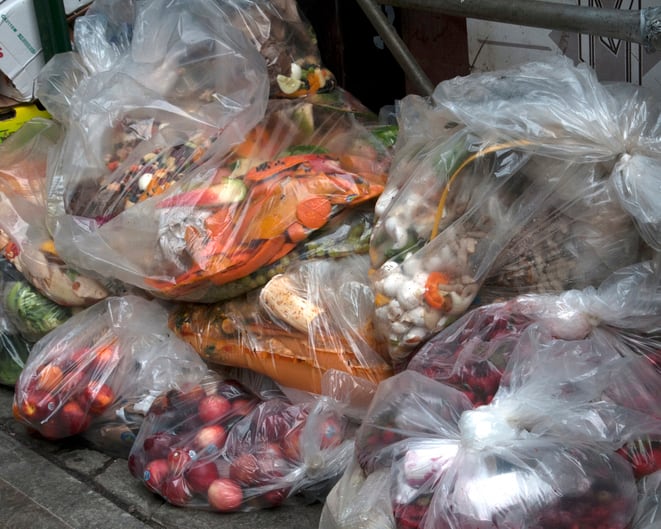This month, Argentina’s National Plan for the Reduction of Food Losses and Waste was published in its official gazette, becoming law through the Decree 246/2019.
The new rules build upon previous regulation on food loss and waste by protecting food businesses from the risk of prosecution. If a food operator respects rules regarding food safety and expiration dates, they benefit from 'a general immunity' to prosecution if someone becomes ill after eating the food.
The government has hailed it as a public-private achievement that brings together over 80 entities under the National Network for the Reduction of Food Loss and Waste.
"Reducing the waste of food represents a great challenge that engages everyone from the public sector, businesses, and civil society and therefore from the National State we are prioritizing this axis of management," said Andrés Murchison, secretary of food and the bioeconomy.
The regulation encourages companies to donate products that are nearing expiration or have not been a commercial success.
Food waste in Argentina: A 16 million-ton problem
According to #SinDesperdicio, a platform of partners working to reduce food loss and waste in Latin America and the Caribbean, 16 million tons of food are lost and wasted every year in Argentina.
The majority of this (14.5m tons) is lost during production, storage, transport, and processing while a further 1.5 million is wasted at the consumer end. According to Argentina Food Bank, if food businesses donate 10% of this, five million people could have a daily meal.
The country's fruit and vegetable supply chain has the highest percentage of loss and waste at 42.1%.
Failing to tackle the cause of food waste
However, not all stakeholders are happy with Argentina's regulation.
According to Alianza Biodiversidad, a platform of 10 Latin American organizations and movements working on biodiversity and food security, the law focuses on facilitating the redistribution of food to food banks rather than effectively tackling the cause of food waste or hunger.
By doing so, the regulation legitimizes the current food system that is responsible for generating the waste in the first place through unfair trading practices or aesthetic criteria for fruit and vegetables, Alianza Biodiversidad argues.
“Donating food has become a worldwide [market practice] that is used by the firms responsible for the superabundance of food that harms small producers and generates poverty.”
Finding solutions
In conjunction with the Argentinian government’s National Food Loss and Waste Reduction Program and the Inter-American Development Bank, #SinDesperdicio is organizing a competition to fund and accelerate start-ups that have “innovative, viable and impactful” solutions to reduce waste in Argentina’s fresh produce industry.
Applications are now closed and the winners will be announced in June this year.




